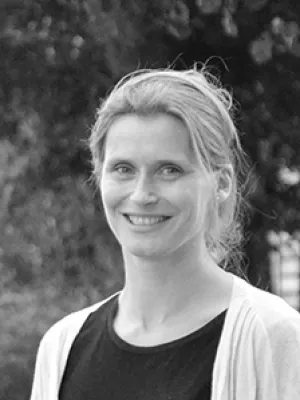
Sara Kalm
Director of Third Cycle Studies | Associate Professor | Senior Lecturer | Qualified Teaching Practitioner

Migrationspolitiska dilemman : Om idealism och realism i liberal politisk teori
Dilemmas of Migration Policy : On Idealism and Realism in Liberal Political Theory
Author
Summary, in English
In this dissertation the struggle between these two moral and political views is discussed within the realm of liberal political theory. Liberalism is commonly assumed to be universalistic by its nature, and thus critical of the rights and practices of states to exclude outsiders and prioritize members. But the relationship between liberalism and nationalism is not straitforward. Proponents of what is called liberal nationalism press the point that it is often within traditional nation states that liberal ideals of individual liberty and equality has been achieved, and they argue that liberal theory as well as practise should reflect that egalitarian and democratic institutions are dependent on a degree of cohesion, trust and solidarity that a world organized in accordance with universal principles is unlikely to maintain.
This normative debate in political theory is analyzed, furthermore, in the light of another major debate, namely the issue over “idealism” and “realism” as different approaches in normative theory. The aim of the dissertation is to analyze how differences at this meta-theoretical level – views on the purpose of normative theory, the relationship between ideals and the existing social and political reality, and deep assumptions about humans and political life – affect which ideals, institutions and policies that a normative theory proposes to be right and desirable. When applied to the issue of migration and the nation state, the specific aim is to clarify how different meta-theoretical views underlie central arguments in the debate between liberal universalists and liberal nationalists.
Department/s
- Department of Political Science
Publishing year
2019
Language
Swedish
Publication/Series
Lund Political Studies
Issue
195
Full text
Document type
Dissertation
Publisher
Lund University
Topic
- Political Science
Keywords
- migration
- asyl
- nationalstaten
- liberalism
- realism
- idealism
- politisk teori
- migration
- asylum
- nation state
- liberalism
- nationalism
- realism
- idealism
Status
Published
Supervisor
- Sara Kalm
- Björn Badersten
ISBN/ISSN/Other
- ISSN: 0460-0037
- ISBN: 978-91-7753-967-4
- ISBN: 978-91-7753-966-7
Defence date
1 March 2019
Defence time
10:15
Defence place
Eden auditorium, Paradisagatn 5H, Lund
Opponent
- Ludvig Beckman (Professor)

